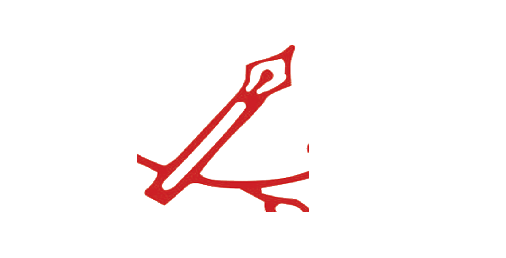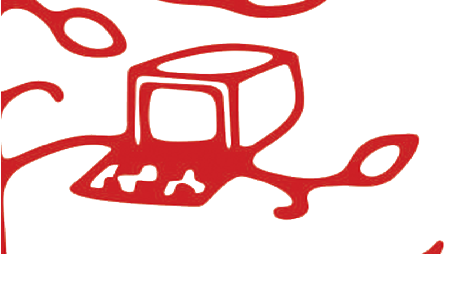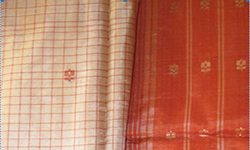
Art history/ Historiography, Crafts, Handlooms, Art, Travelogue
Ilkal Field Notes
Uzramma
July, 2008
The Deccan Herald of Bengaluru last month published an excellent article by Geetha Rao on the Ilkal saree, which reminded me of my visit to that legendary weaving center in March 2001. Here are my notes of the visit:
The Guleds of Ilkal are textile merchants. Phaniraj Konappa Guled’s father was Konappa Guled, and his father was Chandappa, son of Rajappa. Chandappa began working, while he was still a teenager, as a gumastha [clerk] in a saree business, and then went on to set up his own business at the age of 50 in 1875. Phaniraj, today, is about 60 years old. The next generation continues in the business: Phaniraj’s son Vijay Kumar and his brother’s son Praveen. Praveen has a degree in Textile technology from a Raichur college. The Guleds belong to the Swakula Sali jati. The product they deal in is just one, the Ilkal saree, characterized by its indigo dyed cotton yarn and its distinctive design of a plain, striped or checked body, the indigo cotton in both warp and weft being alternated with silk or with ‘chamka’, art silk [rayon].
At its peak, which Phaniraj reckons to have been in the 1950s, the family business was running a hundred looms and producing and selling about a thousand sarees a month, mostly to the Maharashtra market, but also to Gujarat. Even today there is a demand from these markets: just the other day someone came from Kutch looking for these sarees. In keeping with Maharashtrian and local tradition, most of the sarees are 7 metres long. On the streets of Ilkal about one in ten women that I see, all from the working class, are wearing the ...
This is a preview. To access all the essays on the Global InCH Journal a modest subscription cost is being levied to cover costs of hosting, editing, peer reviewing etc. To subscribe, Click Here.



